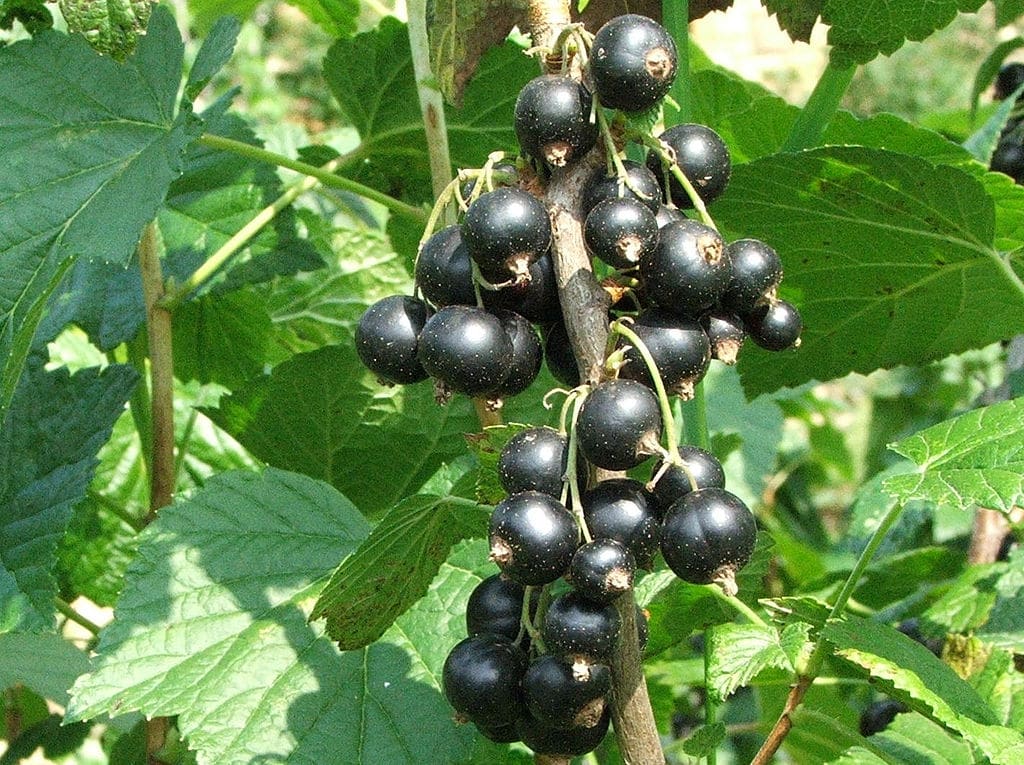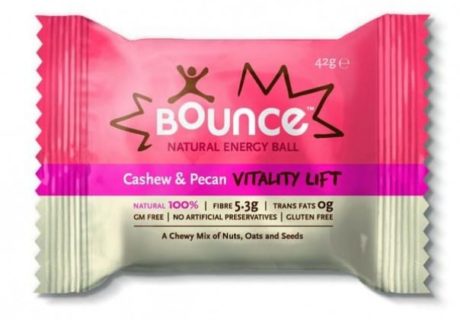A study by the University of Chichester reveals how athletes supplemented with blackcurrant extract experience improved cardiovascular responses.
The research was unveiled last week at the American College of Sports Medicine Conference in Boston.
The trained athletes showed a significant dose-response effect to blackcurrant extract supplementation, which could offer a natural, nutritional strategy for improving the recovery of athletes.
The study also suggests that blackcurrants may benefit population groups that suffer from restricted blood flow, such as the elderly.
The study showed that the blackcurrant extract helped the heart pump more blood (cardiac output increased by 27.5%, without an increase in heart rate), increased blood flow and increased stroke volume.
Fifteen male cyclists were supplemented with New Zealand blackcurrant extract for seven days, at doses of 300mg, 600mg and 900mg. Their cardiovascular function was tested over 20 minutes, while lying down.
Mark Willems, Professor of Exercise Physiology at the University of Chichester, said: “We knew from a previous study that blackcurrant has an effect on cardiovascular function. However these findings were still surprising because of increases at the higher doses.
“We used highly trained individuals with conditioned systems, so if you can influence cardiovascular responses in systems that are already highly trained, then that’s meaningful.
“These findings show that blackcurrant extract is affecting the blood vessel system due to dilation, meaning there is less resistance and more blood being pumped around the body.
“Our findings indicate a clear application for athletes recovering from exercise. If you can enhance blood flow to muscles that were active following exercise then that is beneficial for recovery.”
Blackcurrant compounds relax blood vessels, meaning they reduce the tension in blood vessel walls, causing the diameter of the blood vessel to widen, resulting in enhanced blood flow.
Commenting on potential wider benefits of blackcurrant extract in the treatment of circulatory disorders, Dr Simon Woldman, cardiologist at University College London Hospital, said: “Clearly this could be very important and now requires a study to look at the impact on patients who may benefit.”





